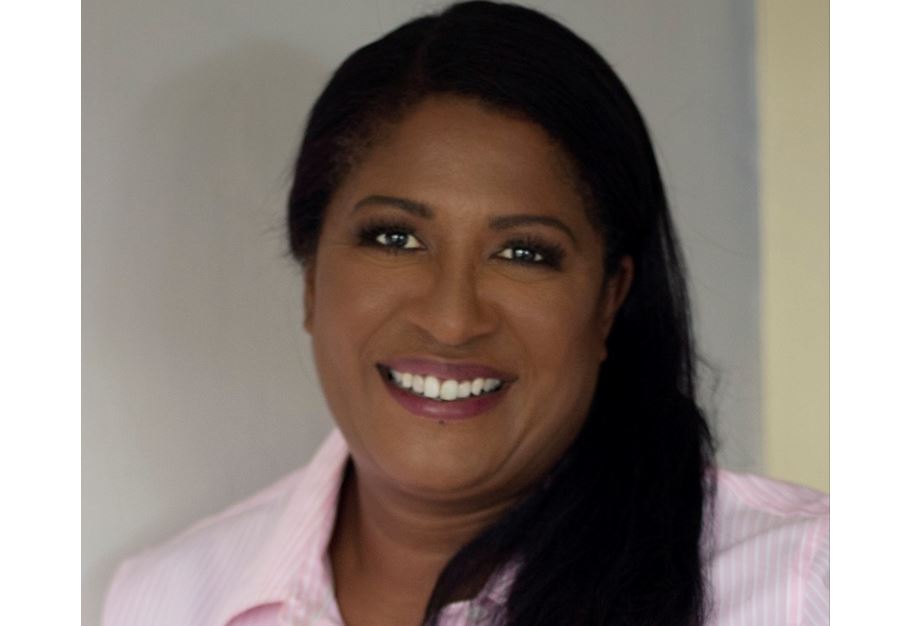Over the past several months, Women’s interest organizations CIWiL Antigua and Barbuda Chapter and Women Against Rape (WAR), have grown extremely concerned with reports of attempts to denigrate female candidates through the use of various media platforms.
As a collective, we call for greater participation of women seeking leadership in political and public spaces to put an end to the hostile attitudes and harmful gender stereotypes that attempt to diminish women and their roles as leaders.
Globally, cultural ideals and social perceptions often result in women’s personal lives being scrutinized more strictly than their male counterparts (UN Women Caribbean).
This form of political harassment is often specifically directed at women and dissuades them, especially young women, from entering politics and creates greater vulnerability for women due to underlying issues related to sex, gender roles, sexual violence and threats of harm.
The effects of this type of gender discrimination are far reaching and results in the continued underrepresentation of women in decision-making and leadership roles. Across the region, women hold less than 30 per cent of elected parliamentary positions; in Antigua and Barbuda, less than 12 per cent.
“Antiguan and Barbudan women have shown and continue to demonstrate the ability to contribute positively to decision making and transformational outcomes in varying spheres. We challenge the undercurrent of gender stereotyping and roles which seek to limit women’s participation to the home. As a country we are losing out, if we do not capitalize on the potential all of its citizens. We are equal in law and will continue to assert our right to be heard and play our part in shaping the future of our nation,” said Janice Sutherland, Chair of the CIWiL ANTIGUA AND BARBUDA National Chapter
We are united in our call to all political parties and society as a whole to focus on creating inclusive, democratic institutions, free from gender discrimination. Twelve per cent of women elected to Parliament is not enough. We also call on women everywhere to join us in advocating for the fair and equitable treatment of women in public life.
As a collective, we look forward to engaging across party lines and with other stakeholders locally and regionally to build solidarity in support of women’s full and equal participation in leadership.




